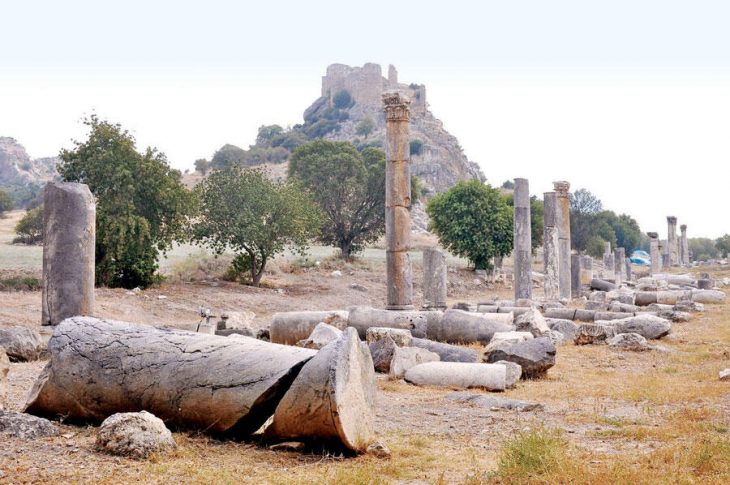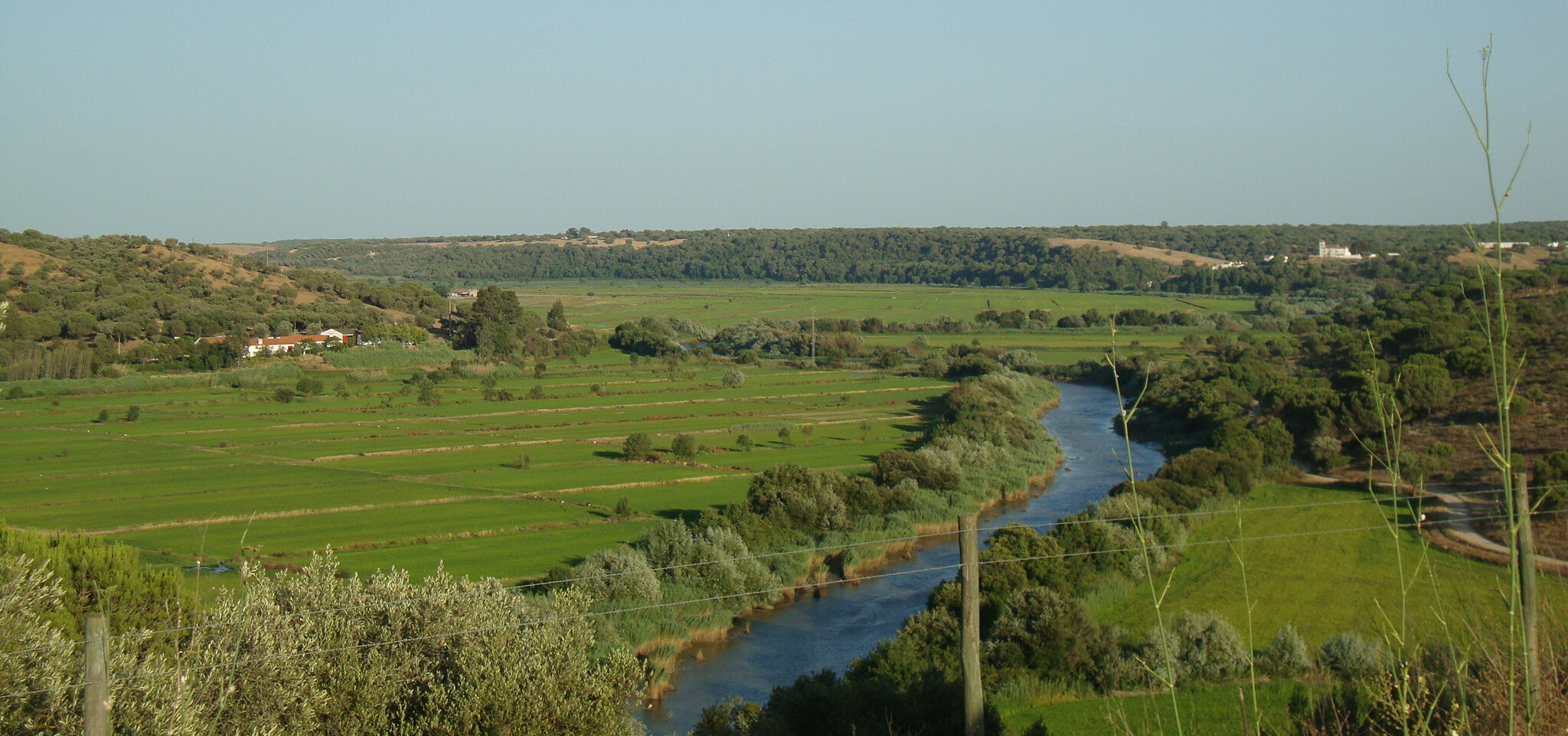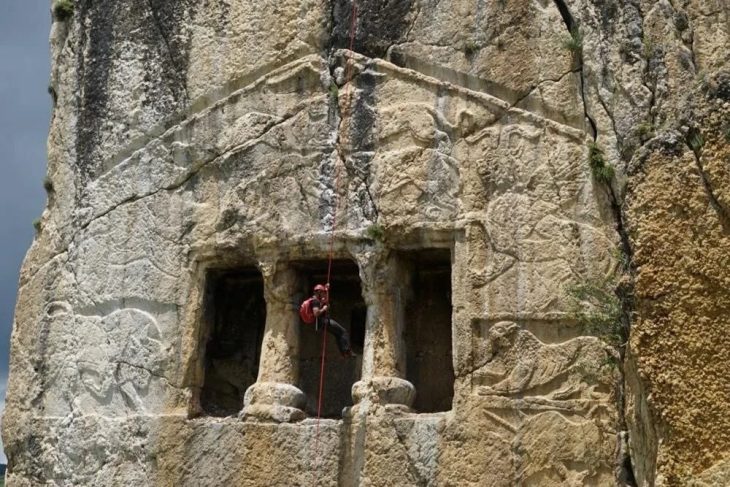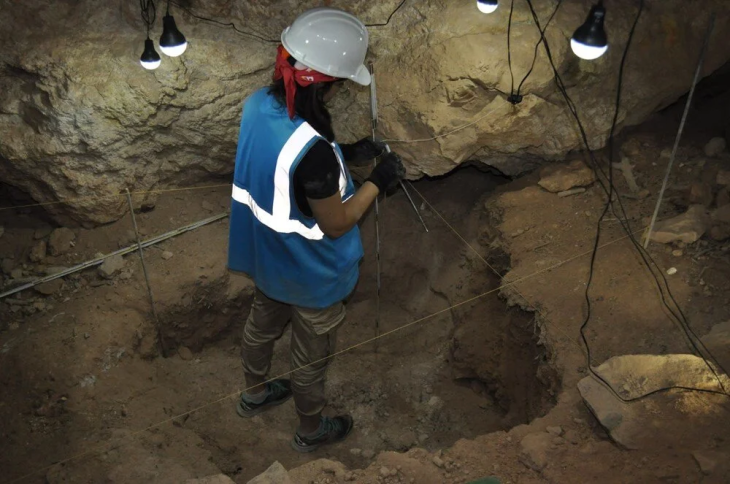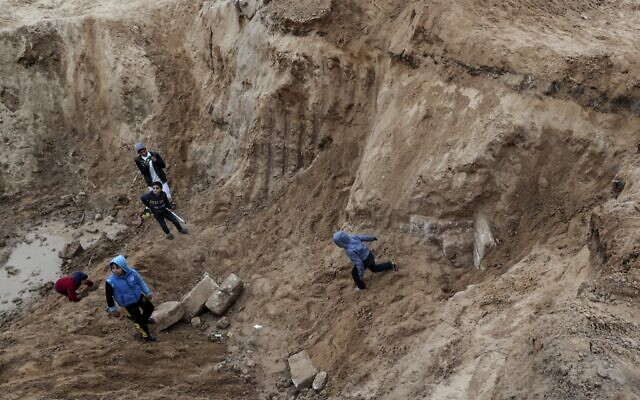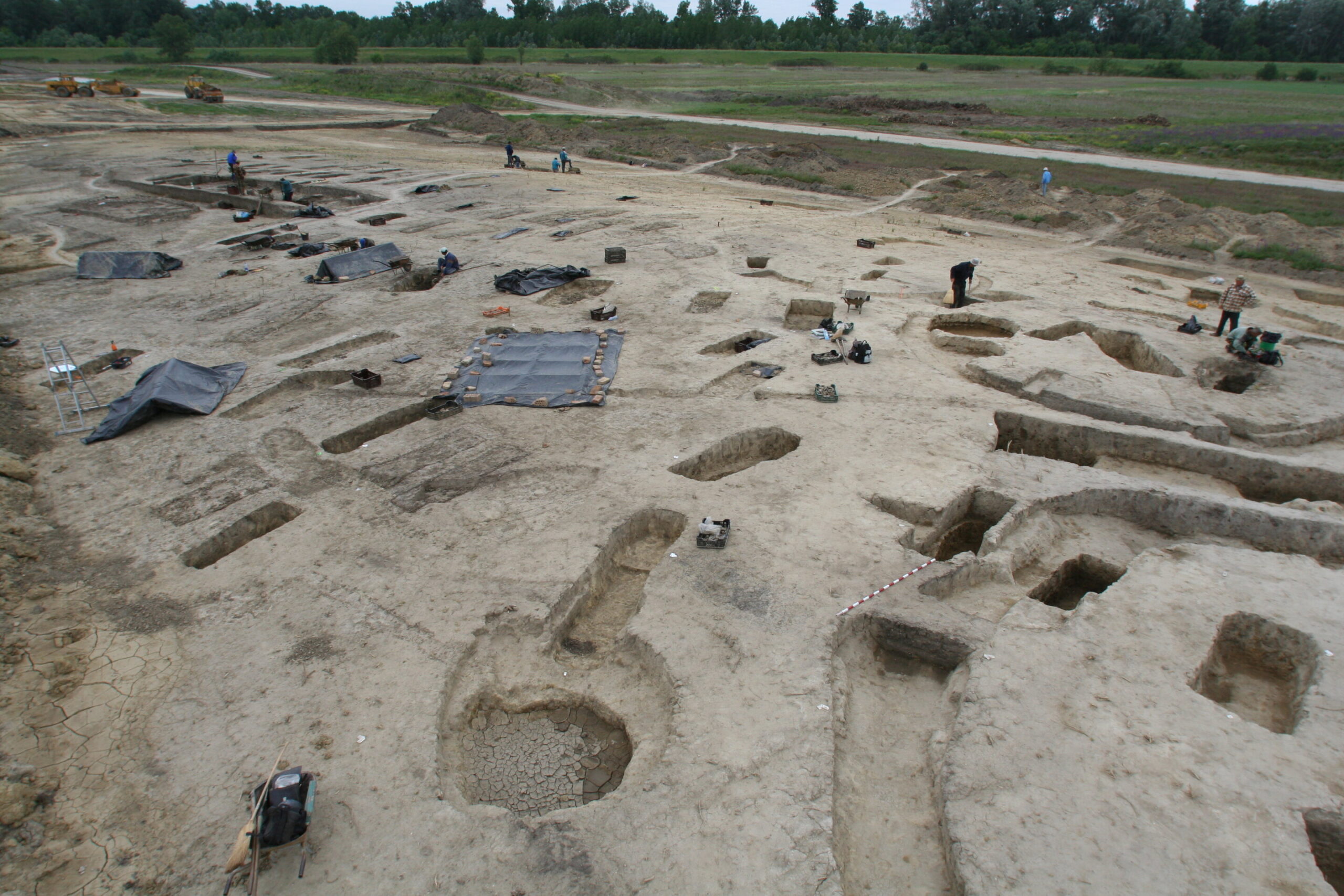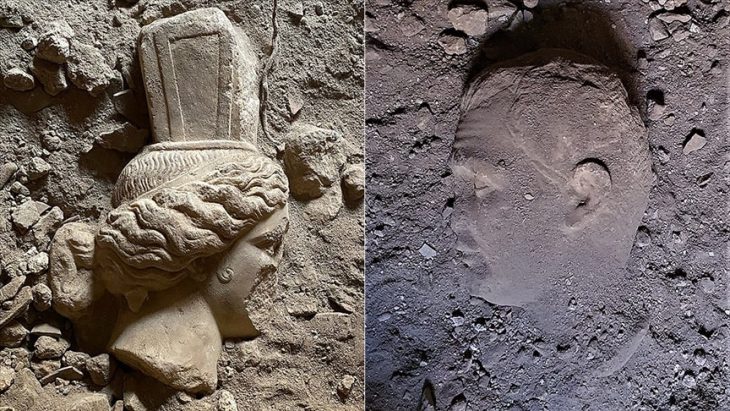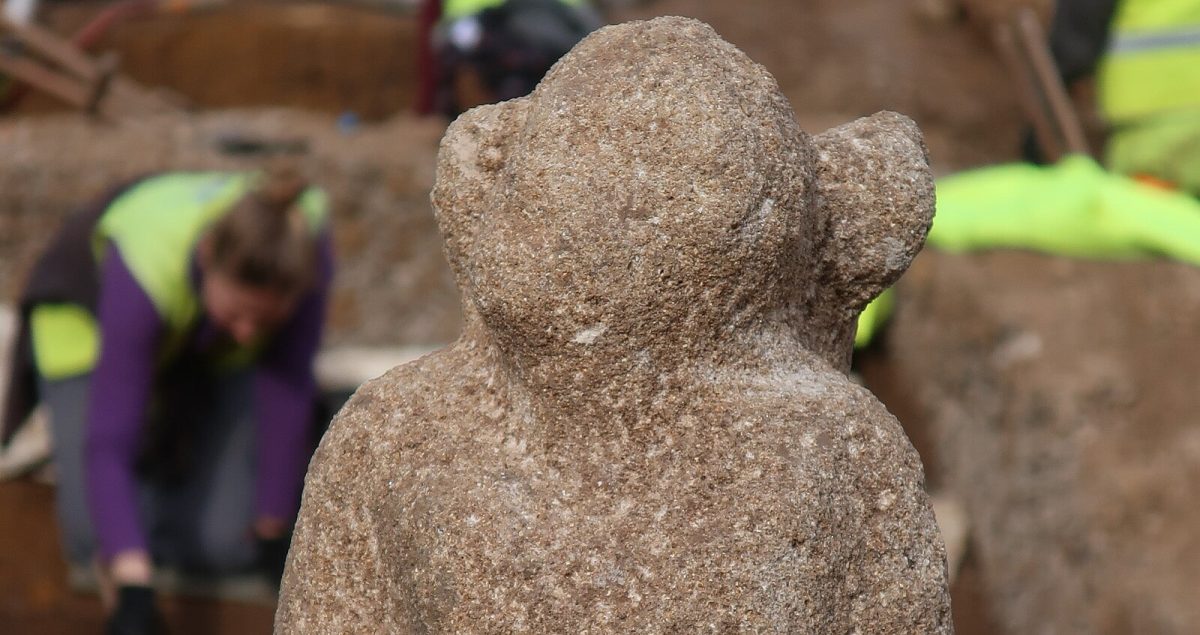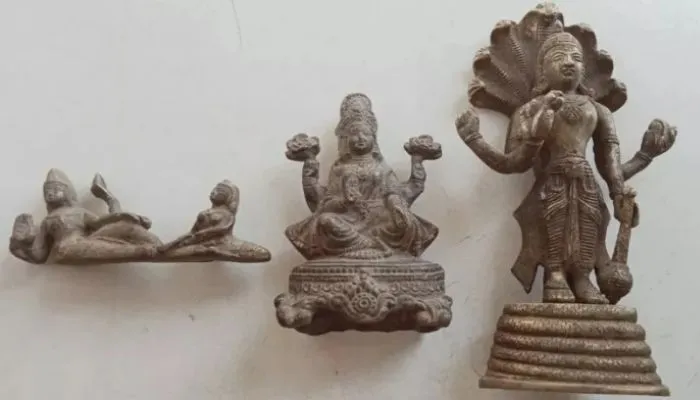The Ongoing Excavation of Kastabala in Osmaniye Province, Turkey
The archaeological excavation of the ancient city of Kastabala in Osmaniye Province, southern Turkey, is an ongoing journey into the depths of history, uncovering the remnants of a once-thriving civilization. Kastabala-Hierapolis, nestled near the Ceyhan (Pyramos) River and overlooking a picturesque plain, holds a prominent position as one of the most significant cities of ancient … Read more
